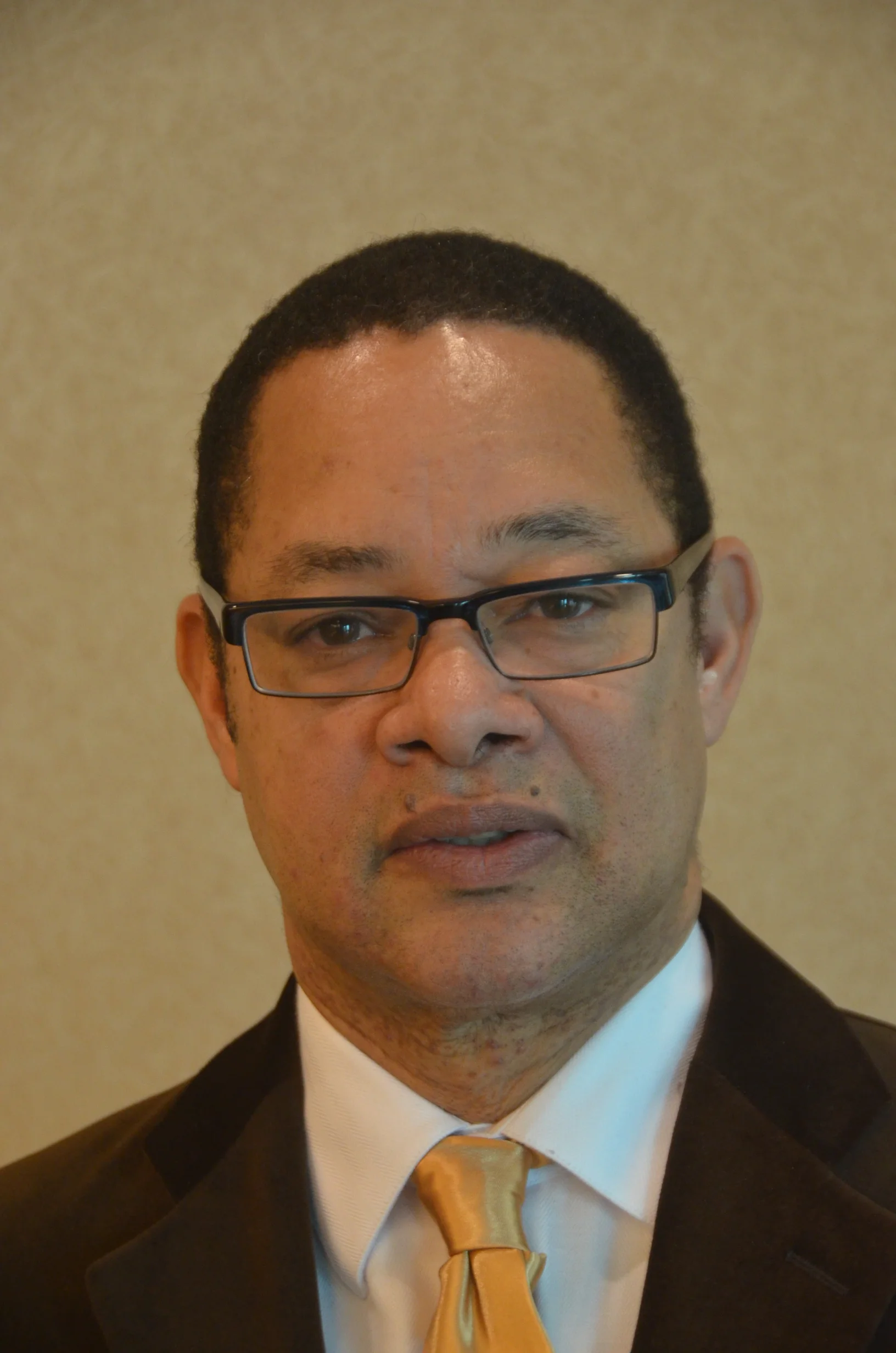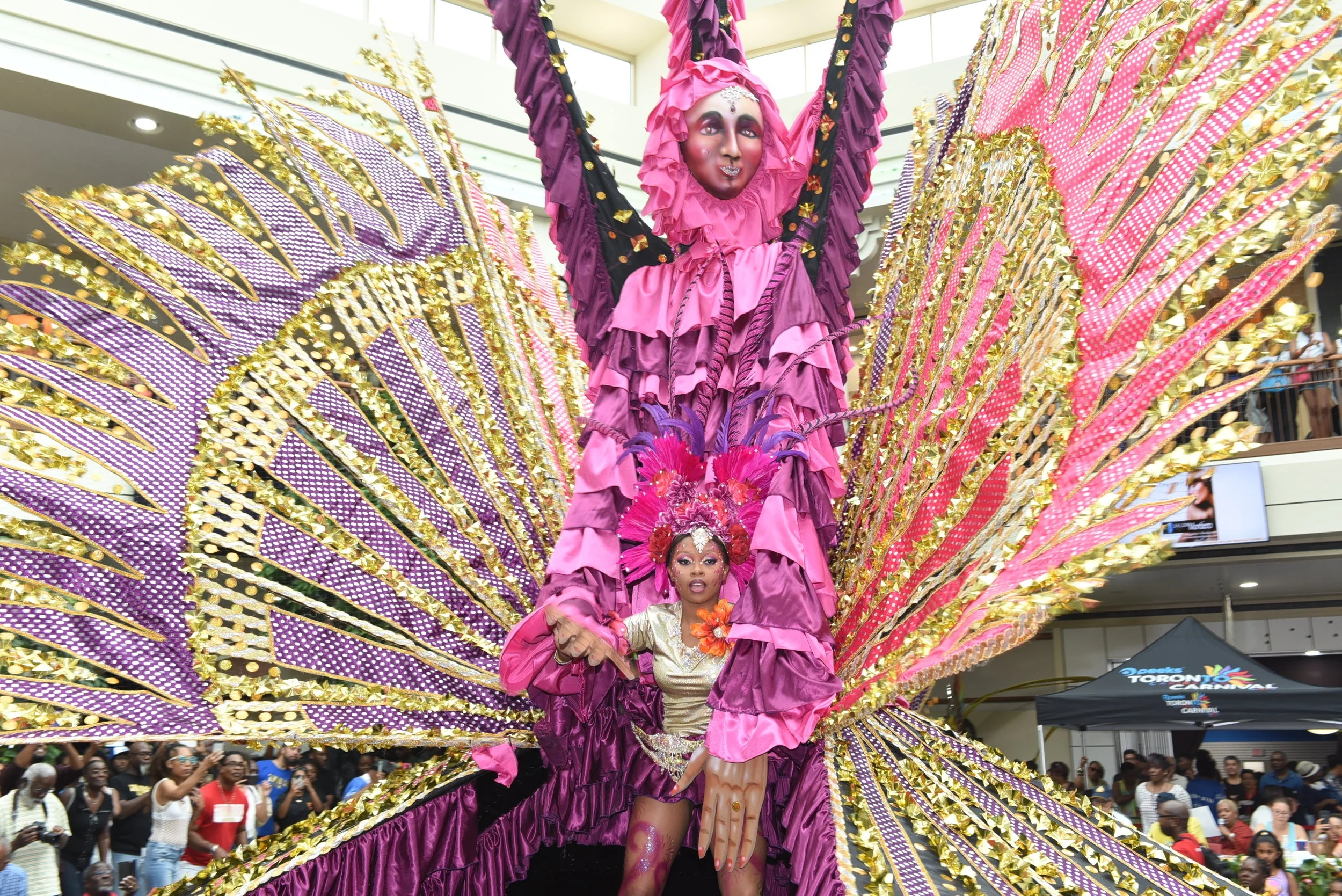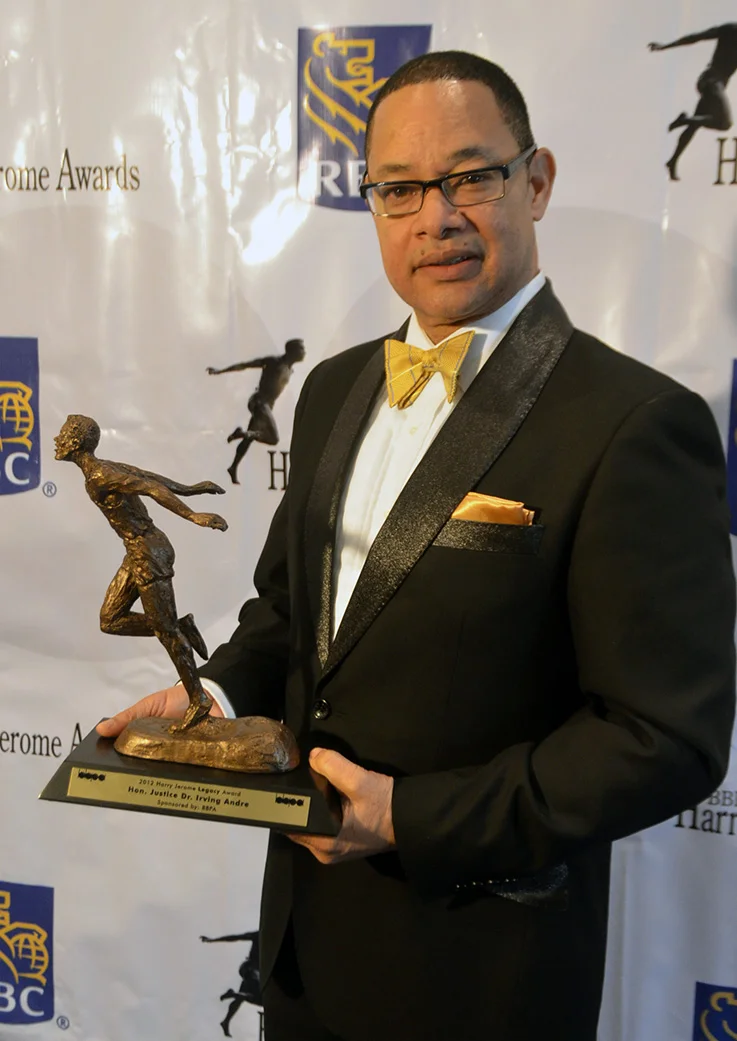Andre's books look at West Indian workers in Curacao and Dominican soccer
July 21, 2017
During the Second World War, Curacao’s oil refineries produced almost 80 per cent of the fuel used by the American air force to fight the Germans.
The majority of the labour came from the British West Indies with the Dutch Shell Oil Company recruiting nearly 7,000 workers in the 1940s and 50s from St. Lucia, St. Kitts & Nevis, Grenada, Barbados, Trinidad & Tobago, St. Vincent & the Grenadines, Antigua & Barbuda and Dominica.
Life wasn’t easy for the recruits who faced racial and residential segregation and were housed in rooming houses in Suffisant, a small enclave. The workers were often called ‘BG’ for British West Indians and ‘Stinky’ and their children were derided at school for speaking English
The recruits included Dominican Ernest Andre who was a laboratory technician for 19 years. His wife worked on the Dutch island as a baby sitter with a Jewish family.
Superior Court judge and author Dr. Irving Andre said his parents never discussed their experiences on the island.
Much of the pictorial history they and other Dominicans had in photo albums was destroyed during Hurricane David in 1979.
In 2012, Andre and his wife went to Curacao for the first time since he left.
“What I was unaware of was the hostility that many of the British West Indian workers encountered in Curacao,” Andre, who spent his first three years on the Dutch island before returning to Dominica with his parents in 1961, said. “My parents never talked about it. Occasionally we would have visitors who had either lived in Curacao or were still living there. During these visits, a few details of life emerged amidst plumes of cigarette smoke and the clinking of glasses. The first time I learnt of this was from the few Dominicans I met in Curacao who told me of things I knew nothing of.”
Among them was the late Daphne Riviere who quit her job at Barclays Bank in 1949 to join her husband who was one of the few foreign workers to become part of the Shell Oil management, and lawyer Karyl Bertrand.
The visit prompted Andre to write a book, ‘Strangers in Suffisant: British West Indians in Curacao 1943-1963’, that tells the story of Dominicans and other British West Indians challenges and contributions to Curacao and neighbouring Aruba, their role in the war in the oil industry which enhanced the survivability of the two Dutch islands and aided the Allied effort in the World War II and the imperishable memories left behind in the continued conditions of their offspring.
After his visit, Andre reached out to West Indians in Canada and the Caribbean who worked in the oil refinery to get material for his publication. They included late University of Toronto Erindale campus library head Elmore Daisy who established a West Indian choir in Suffisant, University of Waterloo professor emeritus Dr. Leonard Fletcher who worked at the refinery for four years and saved enough money to pursue higher education, and former Montserrat chief minister Austin Bramble.
“Elmore provided me with access to a number of photo albums depicting life in Curacao in the 1940s and 50s and Austin worked in the lab with my dad,” Andre, who successfully defended his PhD thesis - The Significance of Race in the Sentencing of Drug Couriers – seven years ago, said. “I was able to benefit from all that rich pictorial history and interviews with people who were there.
Other West Indians who worked in the oil sector in Curacao before migrating to Canada to lead productive lives were late Grenadian-born Walter McNeilly who studied medicine at the University of Toronto and went on to become a medical practitioner, Barbadian-born Cedolph Hope – the father of retired provincial deputy minister and Ontario Provincial Police deputy chief Jay Hope – who earned undergraduate and graduate degrees and taught at Toronto high schools before his death in October 2013 and 92-year-old Cecil Reid, a former Canadian Press news editor, who turned down the opportunity to represent Barbados in the 1946 inter-island cricket competition so that he could go to work in Curacao as a laboratory technician.
Approximately 3,000 Dominicans were employed in Curacao.
When the market for the island’s oil shrunk considerably and workers were laid off in the late 1950s, most of the Dominicans returned home.
“The contributions of these returnees cannot be fully measured,” said Andre who developed a passion for reading and writing from his father who was a voracious reader with a collection of nearly 700 books. “Their return stimulated the local economy, paid for the secondary school education of hundreds of students, stimulated the local agricultural sector and ultimately helped to alleviate the rampant poverty which had forced them to leave Dominica in the first place. However, many of them paid a significant price for their relative success. There was no welcoming mat when they returned and anecdotal evidence suggests that many faced resentment for displaying signs of their new-found wealth.”
‘Strangers in Suffisant’ is one of two books that Andre recently launched. ‘A Century of Dominican Football’ offers a panoramic view of the sport that was introduced to the Windward Island in the late 19th century.
“What I tried to do is not only trace the history of the sport, but look at those persons who shaped and fashioned it,” he said. “Many of them were prominent in other fields. I thought it was important to document this history because right now, I think we are facing, to some degree, an existential crisis engendered in my view by a number of things, including the proliferation of illegal drugs, the ‘get rich quick’ mentality and the erosion of those values that we were nurtured on. To highlight sports and those who played and went on to be very successful is to almost bring back into the conversation the significance of effort, training, preparation and hard work. That was one of the justifications for me to put together this book.
“Hopefully, this will add to the conversation about the rich history that we have. While the focus is on Dominica, what is written about Dominica, in my view, resonates in the other islands because some of their history is more illustrious that Dominica’s.”
One of the excellent soccer players who became a distinguished legal practitioner was Francis “Cosie” Harris, an inside left and referee, who came to Toronto in 1943 to study law at the U of T. Called to the Bar six years later, he went on to become the defunct West Indies Federation solicitor general and a judge in the Cameroon before returning to Dominica in 1984.
He died five years later.
“Despite the dominance of the sport of cricket, Dominica had a proud soccer tradition that’s unknown to all but a few members of the local sports fraternity,” said Andre who authored ‘A Century of Dominican Cricket’ that was released last year. ‘This book seeks to enlighten Dominicans and others about the history of the local game and its contribution to the development of a rich sporting tradition on the island.”
Andre has written 17 books since 1994.






